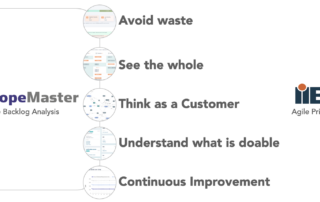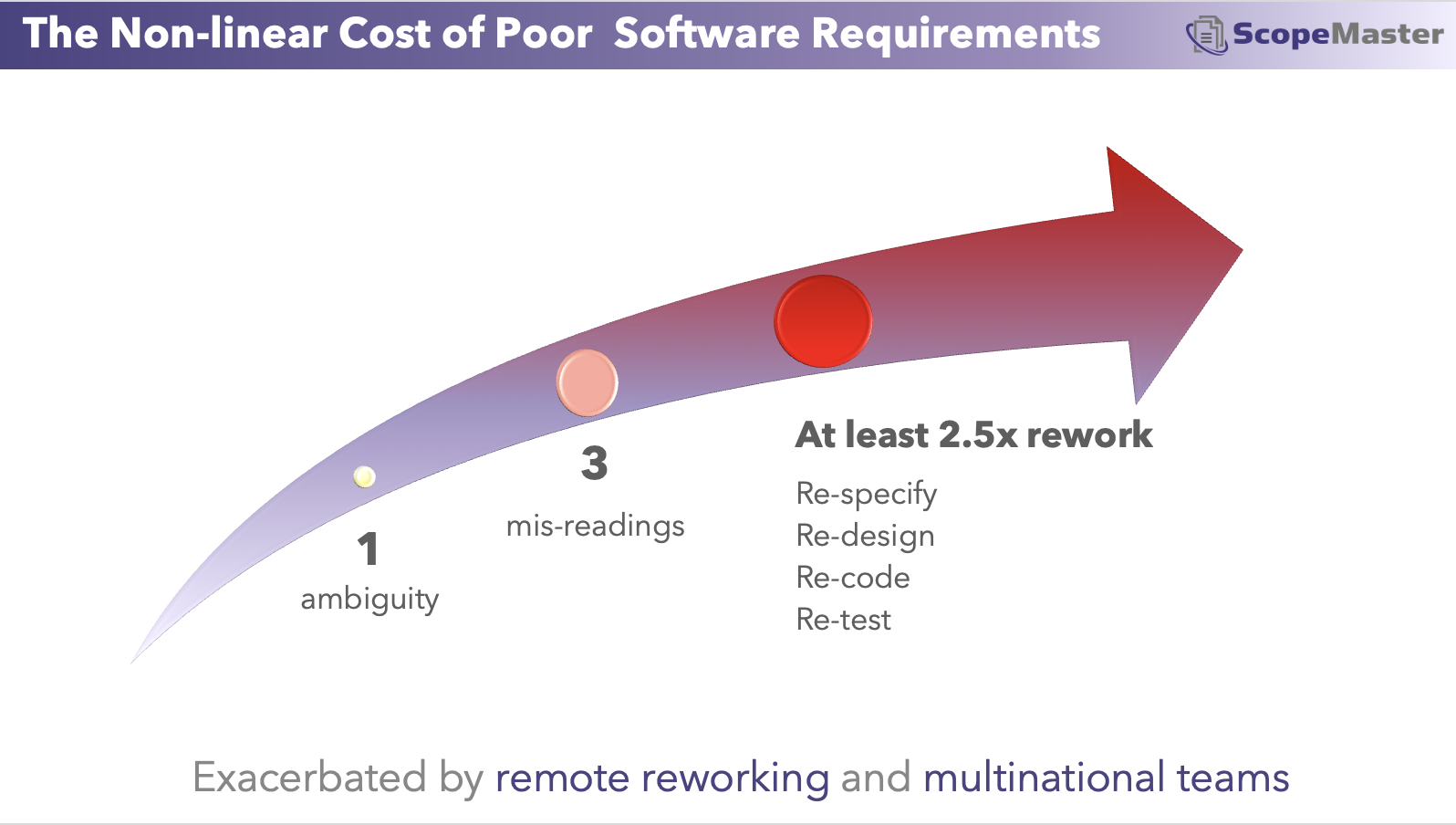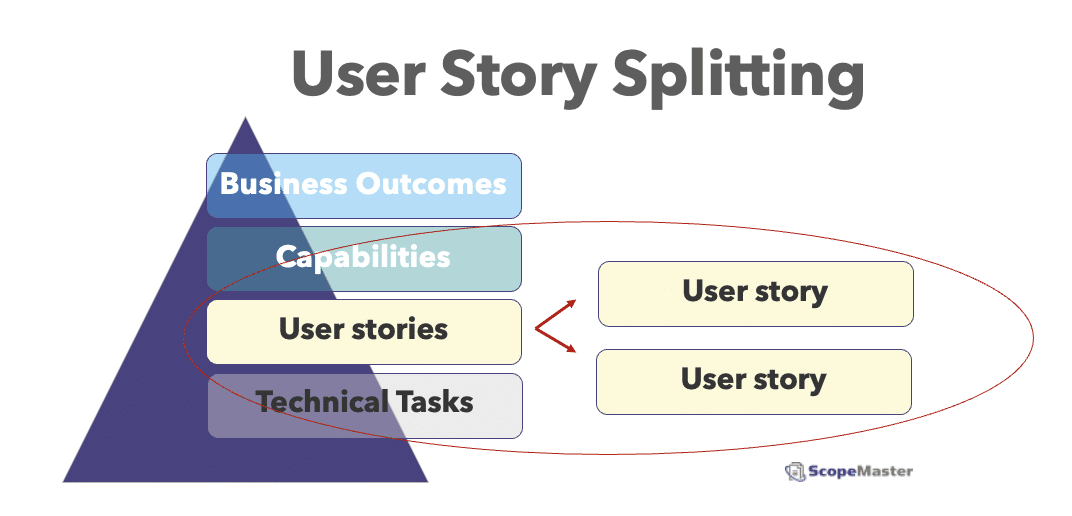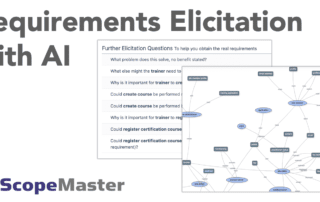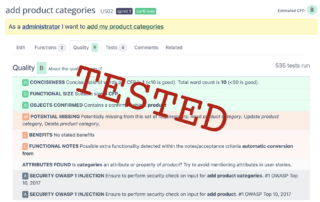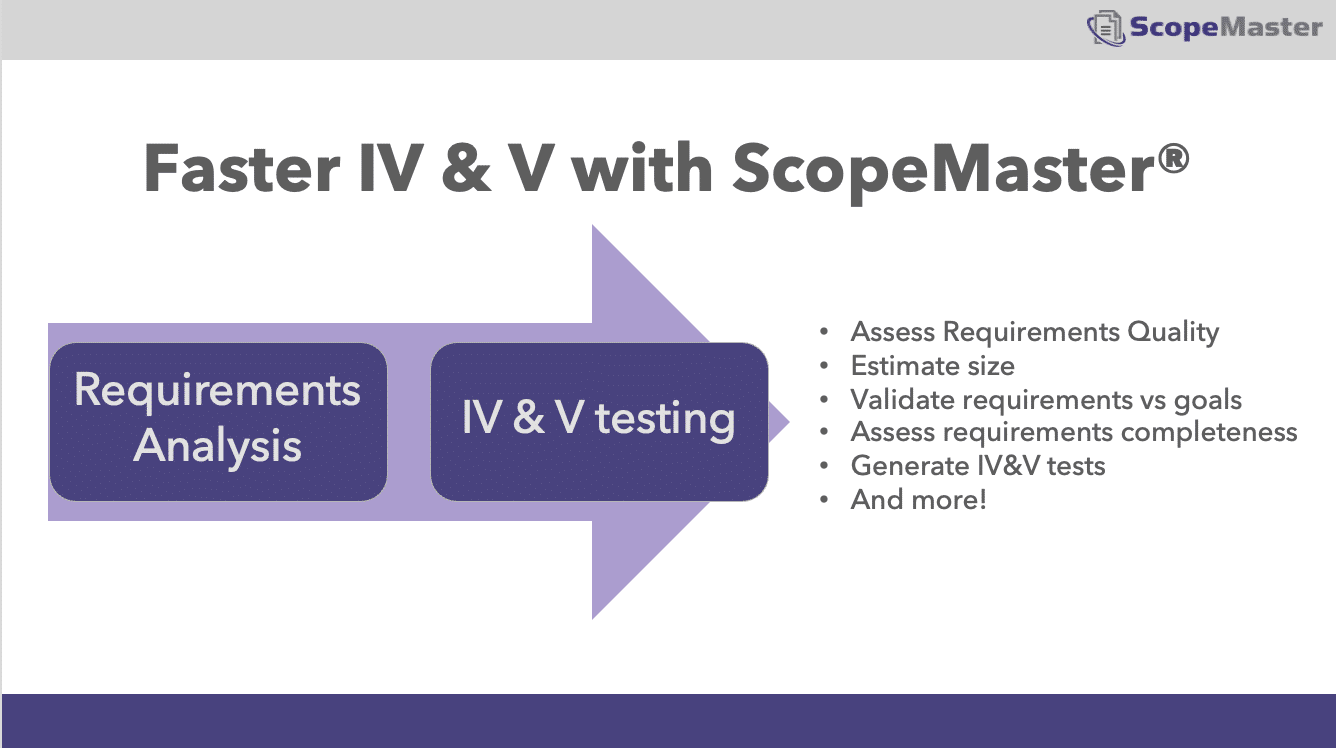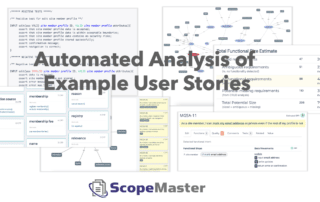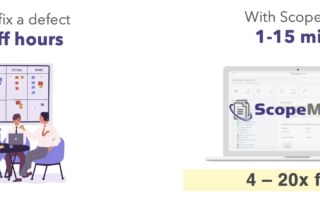Articles written mostly by the team at ScopeMaster about software requirements analysis, sizing and QA. We hope you find these articles helpful.
Software Benchmarking and Appropriate Benchmarks
Software benchmarks for project predictability You want to compare how you are doing against others, internally or against teams in other organisations. For comparisons between internal teams you can establish your own internal benchmarks, whilst for comparing against others in the software industry, you'll be looking for industry software benchmarks. This article focusses on appropriate benchmarking [...]


